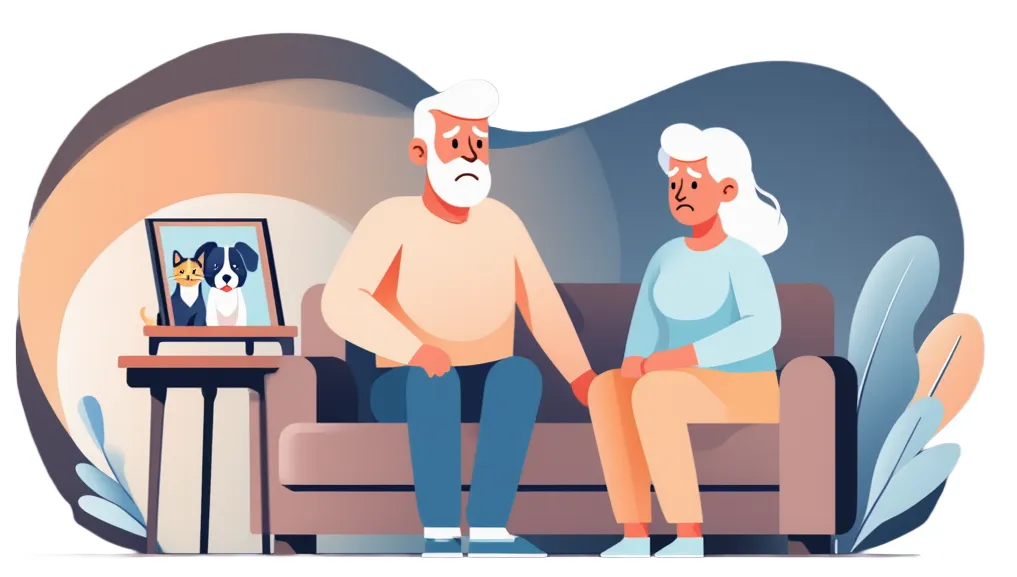The Takeaway
- Many older adults on fixed incomes are sacrificing personal needs—like food or medical care—to feed their pets.
- Pet food prices remain sharply elevated (≈ 23% above pre-pandemic levels), driving higher rates of pet surrenders and assistance requests. PetfoodIndustry
- In recent surveys of homebound seniors, over 20% admitted skipping meals to feed their animals. HumanePro+1
- Animal shelters and rescues are swamped. They’re reporting surges in both requests for donated food and in pet surrenders by owners who can’t afford to keep them. PetfoodIndustry
The Hidden Hunger Behind Pet Love
A national survey by Meals on Wheels America pulled back the curtain on what many seniors quietly face. Among older adults with pets, nearly half said they’d been unable to afford basic or emergency vet care in the past two years. One in five confessed to skipping their own meals so their animals wouldn’t go hungry.
For many, the trade-offs go even deeper. Roughly a third admitted they’d put off paying bills or seeking medical care just to buy pet food. Yet for those receiving help from Meals on Wheels, the impact is dramatic: nearly nine in ten said their local program helped them care for their pets—and more than half believed they’d have had to give them up without that support.
“It’s not just about feeding animals,” one Meals on Wheels official told HumanePro. “It’s about keeping people and their pets together—and keeping both of them healthy.”
Communities Step In
Across the country, small but mighty programs are answering the call. Many Meals on Wheels affiliates now tuck bags of kibble and cans of cat food alongside their regular meal deliveries. In 2022, the organization teamed up with PetSmart Charities to distribute more than $500,000 in grants to local chapters offering pet food and veterinary care.
Other agencies are following suit. Local aging offices have launched “companion pet” programs to provide leashes, litter, and basic supplies for homebound seniors. In California’s Bay Area, nonprofits like Jameson Humane are rolling out mobile clinics and pet-wellness vans that bring care straight to seniors’ doors.
Each effort helps preserve something money can’t buy—the emotional bond between older adults and the animals that keep them grounded, active, and loved.
How to Get Help
If you—or someone you know—are struggling to afford pet food or care:
- Meals on Wheels America: Pet Programming and Client Assistance
Nationwide program that delivers pet food and supplies alongside meals for homebound seniors. - PetSmart Charities: Pet Food Bank and Veterinary Assistance Programs
Offers grants and partnerships to local shelters and senior programs that provide free pet food and basic veterinary care. - HumanePro: Meals on Wheels and Pets Q&A
An in-depth interview explaining how pet-support programs help homebound seniors stay connected and nourished. - American Animal Hospital Association (AAHA): Pet Food Insecurity Overview
A look at how rising pet food costs are affecting owners’ ability to care for their animals—and what clinics are doing to help. - Jameson Humane: Community Animal Assistance Programs
A California-based nonprofit offering mobile vet care, pet food delivery, and support programs for low-income and senior pet owners. - Local SPCA or Humane Society
Check for nearby pet pantries or call 2-1-1 for local listings of food and financial assistance programs.
Disclaimer: This article is intended for general informational purposes only and is not a substitute for professional veterinary, medical, or financial advice. Readers should consult their local animal welfare organizations or healthcare providers for personalized guidance.








